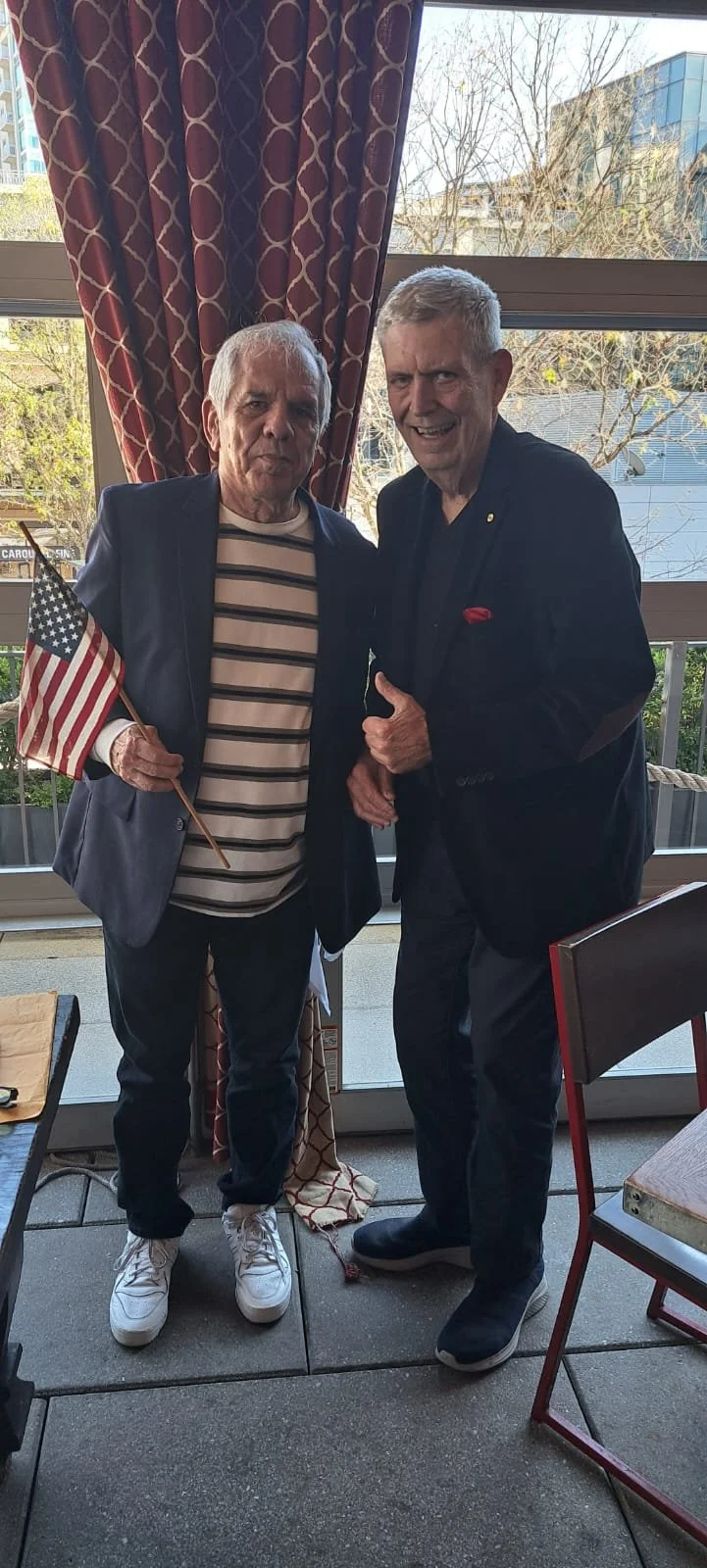The No. 1 complaint athletes have about the Olympic movement is that they can’t make money.
Meet the International Olympic Committee-disapproved Friendship Games, coming this September in Russia: 36 sports, 21 venues, 17 in Moscow, four in Ekaterinburg (including track and field Sept. 18-22).
Total prize money, across all sports: $100 million. Winners get $40,000. Second place, $25,000. Third, $17,000. No ‘Olympic village.’ Instead, you’ll be welcome in three- or four-star hotels.
Push, meet shove – brought to the world in some significant measure by Umar Kremlev, arguably one of the most provocative and interesting figures in world sport in 2024.










